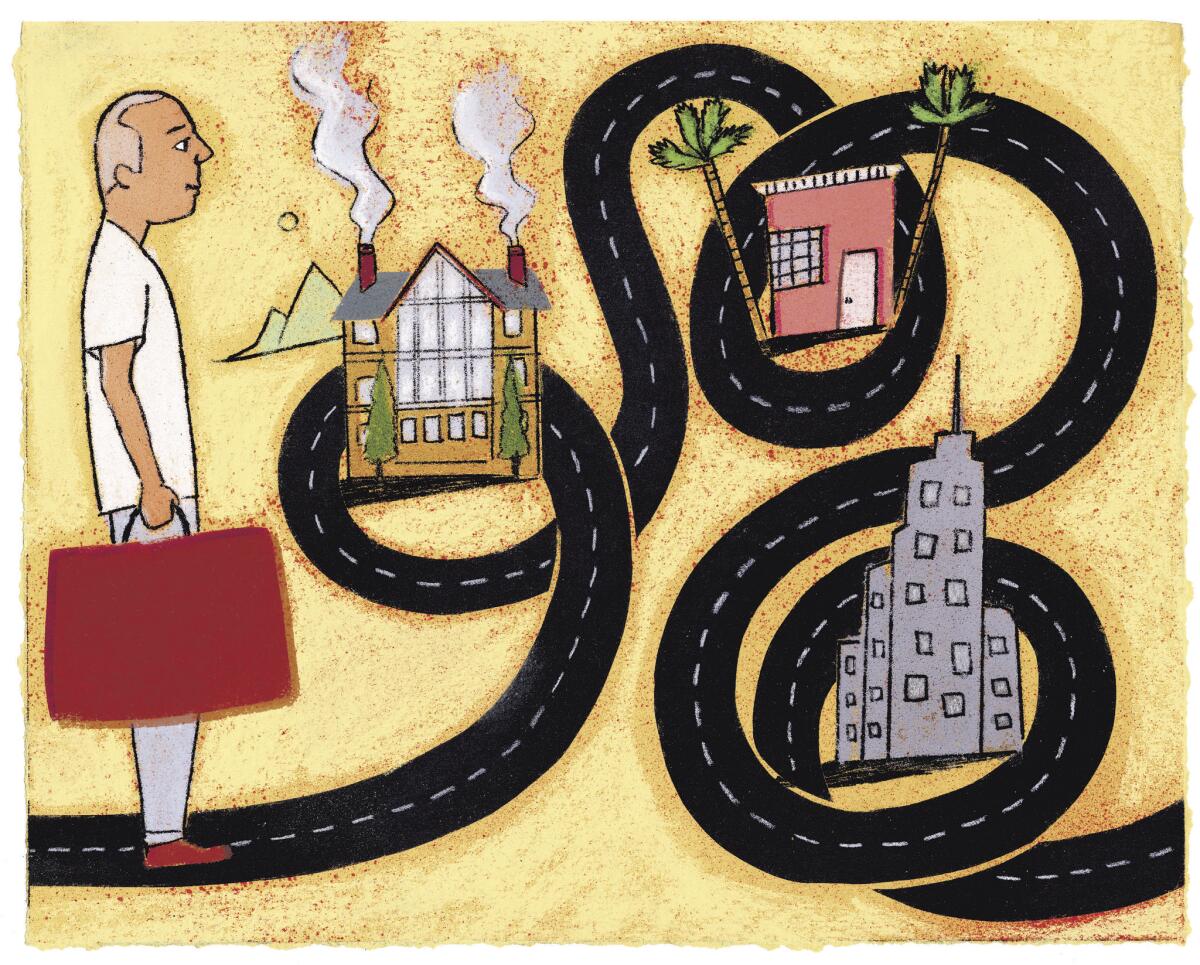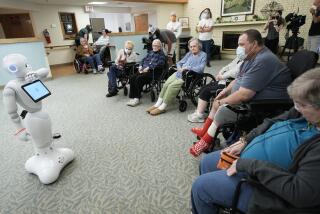Opinion: Can you blame baby boomers for refusing to retire?

The American workforce is gray and getting grayer.
According to a report released last week by the Bureau of Labor Statistics, 22.2% of American workers are over the age of 55, making our workforce the oldest it has ever been.
Baby boomers, it seems, can’t (or won’t) retire.
For younger workers, that’s obviously an ill omen. Boomers staying put in the workforce means less opportunities for the generations beneath them, particularly in key upper-management positions.
Look no further than the Senate, where the average age is 62.
Or, perhaps, around your office: “The number of workers age 55 and up grew by 3.5 million from September 2009 to September 2012,” writes Andrea Coombes in the Wall Street Journal. “That represents the lion’s share of the gain of 4.2 million for all workers 16 and older, according to the Bureau of Labor Statistics.”
Unemployment, meanwhile, is 6.6% for 25 to 34-year-olds. It’s 4.5% for those 55 and older.
As much as many of us would like to see boomers sail off into the sunset, however, the country faces an obvious quandary if they do: How will we pay for it? Once they stop working, they’ll start sucking out Medicare and Social Security funds, the latter of which is currently collecting only 82% of what it pays out, and is expected to run dry by 2033.
A gray workforce means less burden on the system. Like it or not, the country isn’t structurally equipped for boomers to retire. So we’re stuck. Older workers have to keep working to prop up a failing system, while younger workers are denied opportunities to advance their careers.
There are solutions, of course. Payroll tax income, which funds Social Security, is currently capped at $117,000. That means the biggest earners among us contribute roughly the same amount to the retirement pool as the middle class. Raise the cap, which would affect only the top 5.2% of wage earners, according to Reuters, and Social Security has the chance to remain solvent through the boomers’ projected lifespan.
Perhaps the promise of a guaranteed stream of income might persuade a few more boomers to retire — and make some room for the rest of us to show what we can do.
Matthew Fleischer is a Los Angeles-based freelance journalist. Follow him on Twitter @MatteFleischer.
Follow the Opinion section on Twitter @latimesopinion
More to Read
A cure for the common opinion
Get thought-provoking perspectives with our weekly newsletter.
You may occasionally receive promotional content from the Los Angeles Times.







